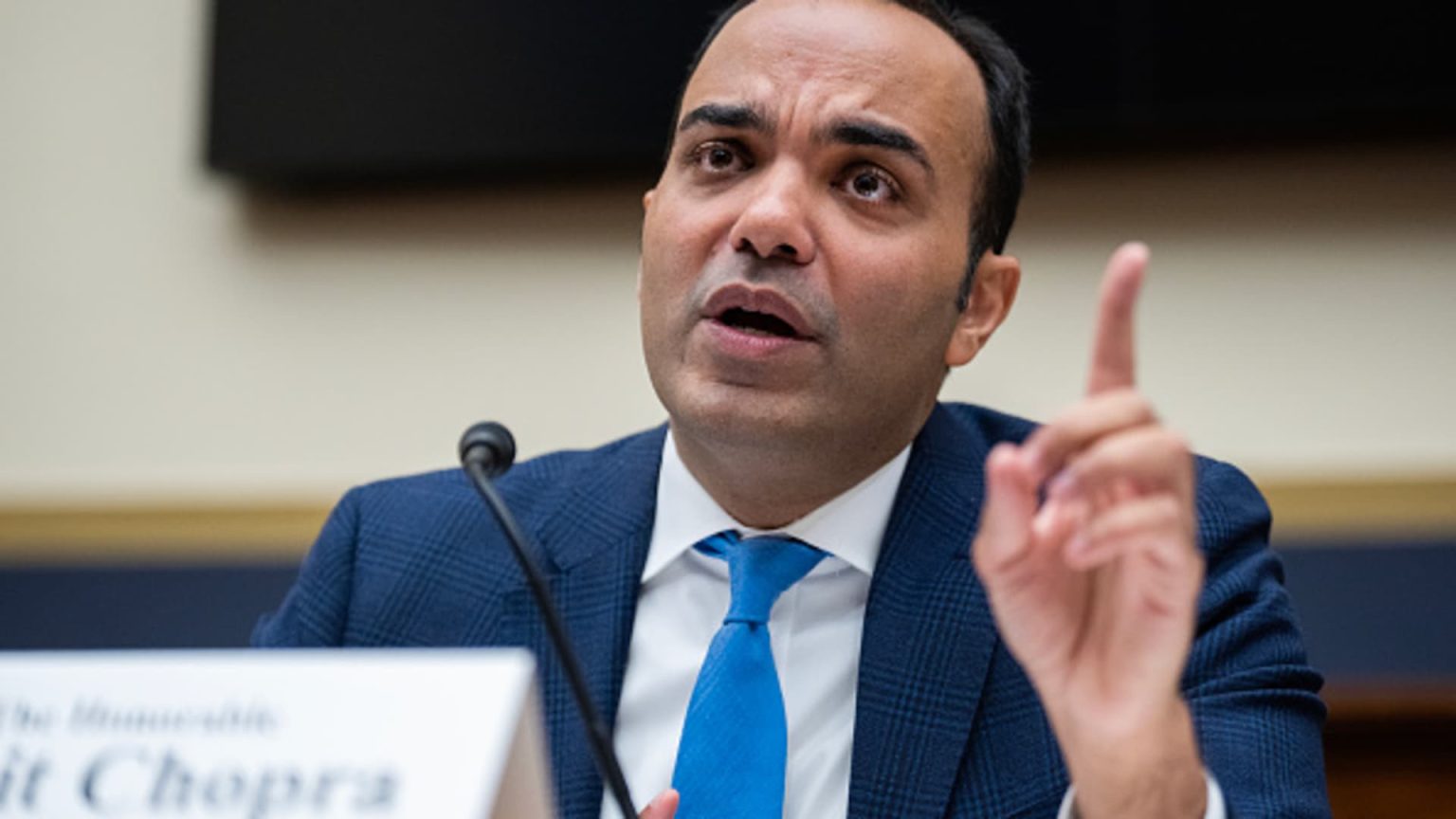The Consumer Financial Protection Bureau (CFPB) has declared that customers of the buy now, pay later (BNPL) industry are entitled to the same federal protections as credit card users. The agency’s “interpretive rule” under the Truth in Lending Act stipulates that BNPL lenders, such as Affirm, Klarna, and PayPal, must offer refunds for returned products, investigate merchant disputes, pause payments during investigations, and provide fee disclosures on bills. CFPB Director Rohit Chopra emphasized that consumers using BNPL services deserve the same rights and protections as those using traditional credit cards.
The CFPB has been cracking down on the U.S. financial industry and recently turned its attention to the rapidly growing BNPL sector, which has seen a tenfold increase in volumes from 2019 to 2021. Concerns raised by the CFPB include the potential for users to accumulate more debt than they can handle. Chopra highlighted the significant role BNPL loans now play in the consumer credit market and stressed the importance of ensuring that these offerings do not circumvent existing consumer protection laws.
While some BNPL providers already offer refund and dispute resolution services, the new CFPB rule aims to standardize these practices across the industry. The rule will come into effect in 60 days, and the agency is seeking public feedback on its implementation. Amid expectations of greater regulation, BNPL companies have expressed concerns over being subjected to the same rules as credit card providers. Klarna, for instance, has argued that its interest-free product poses a lower risk to customers compared to credit cards with high interest rates, suggesting that it requires less oversight.
In response to the CFPB’s rule, Klarna acknowledged the significance of the move towards BNPL regulation but argued that the agency had overlooked the fundamental differences between interest-free BNPL and credit cards. The industry maintained that credit cards are designed to trap customers in cycles of high interest payments, unlike BNPL offerings. This has raised the possibility of BNPL companies challenging the CFPB’s rule through litigation, similar to other financial players like payday lenders. Notably, a federal judge recently halted the implementation of a CFPB rule capping credit card late fees at $8 per incident.
Overall, the CFPB’s new rule marks a significant step towards regulating the BNPL industry and ensuring that consumers are protected under existing laws. As the sector continues to expand rapidly, the agency’s focus on standardizing refund and dispute resolution practices aims to prevent potential abuses and safeguard consumers from excessive debt. While BNPL providers may push back against the rule, the CFPB stands firm in its commitment to upholding consumer rights in the evolving financial landscape.













